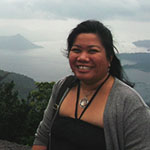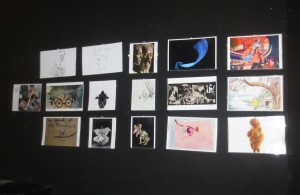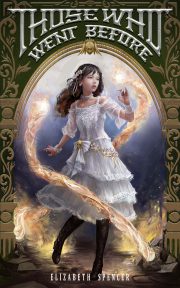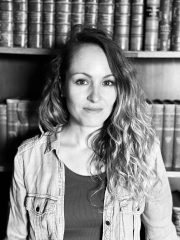Guest Post–Things I learned: On Artistry and Art Life
by Rochita Loenen-Ruiz
 Writer and storyteller, Rebecca Mabanglo-Mayor, shared a link on her blog to a speech given by Ursula K. Le Guin upon accepting the National Book Foundation’s Medal for Distinguished Contribution to American Letters. In this speech, Le Guin speaks not only of the need for visionary writers, but she also speaks of the need to discern between the production of a market commodity and the practice of an art.
Writer and storyteller, Rebecca Mabanglo-Mayor, shared a link on her blog to a speech given by Ursula K. Le Guin upon accepting the National Book Foundation’s Medal for Distinguished Contribution to American Letters. In this speech, Le Guin speaks not only of the need for visionary writers, but she also speaks of the need to discern between the production of a market commodity and the practice of an art.
At the end of her speech, Le Guin says that the name of our reward is not profit, it is freedom.
I think of freedom as I reflect and go through the notes and the memories that I have from New York and Janis Ian’s masterclass in artistry. Le Guin’s words resonate with the lessons learned from my time with Janis.
In New York, Laura and I talked about Janis’s commitment not only to her art, but also to taking hold of the business aspect of her art practice. It was an aspect that she brought up a number of times and listening to Le Guin talk of freedom, serves as a reminder that whatever proceeds come from the exercise of one’s art–they all go back towards the artist being able to keep on practicing that art.
The practical truth of it is that we cannot exercise or develop our art when our energy is gone, when we are too tired or worn out, or when we our head is filled with worry. I think of how I would never have finished or published the stories I have if not for being given space and time to practice my art free from the stresses and the tensions of daily life. I am grateful to my fellow practitioners–to the artists and writers who have opened their homes to me and who have so generously given me flights of freedom.
Freedom.
To be able to practice our art in a space and time when we are free from thinking of anything else but that practice is a vital and precious good. The writer cannot live without writing, and practicing art means we must be able to center ourselves on the work most of all.
Which then leads me to a question Janis Ian asked repeatedly in various sessions:
“Who among you wants to be famous?”
In thinking on that question, we are forced to recognize that fame does not equate into freedom, fame is not the same as success. Indeed the boundary between fame and notoriety is so thin that it’s easy to cross over without realizing it. Rather than fame, I value more the freedom to practice my art, and the knowledge that I have remained true to my vision.
Because, as Janis Ian reminded us, no one else has the vision that we have; and while there are many things in this life that can be faked, talent and art can never be faked.
Even as she said these things, she reminded us too that talent is not enough. The artist must do the work–must master their craft. If talent is a spirited horse, craft is what will ensure that your talent will not run away with you. In the course of the week, Janis continued to emphasize the need for artists to grow and add to their skillset (what we also call our toolkit). As artists, we need to be constantly developing ourselves. Being equipped with a wide range of skills makes us capable of answering to the call of opportunity.
I think of these things and I think to myself–the sky is unlimited.
#
One of the interesting features of our week was what Janis called the Museum Wall. At the end of the week, we were asked to answer the question: What does all great art have in common? I’m sharing the image of the wall here. You answer the question.
•••



